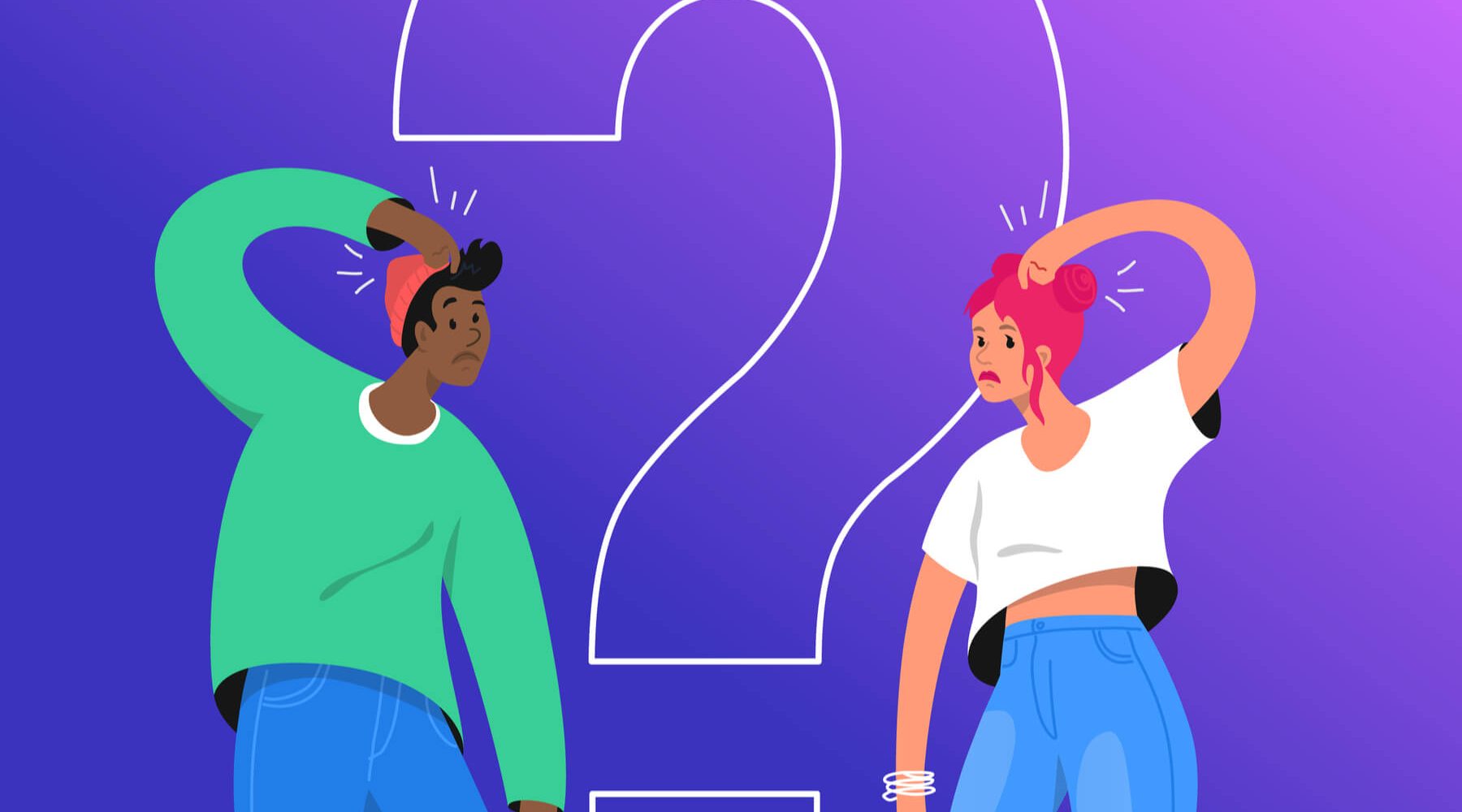
Watch the entire webinar from renowned educational neuroscientist and Harvard graduate Dr Jared Cooney Horvath when he took us on a tour through the teenage brain and gave us tips on how to support our teens
What’s going on with your teenager?
Sometimes they’re bored, disengaged, and unmotivated. Other times they’re risky, unpredictable, and emotionally volatile.
During this webinar, Dr Jared Cooney Horvath will explore the brain, how it develops, and how things change during adolescence and early adulthood. Through fun, interactive activities, parents, carers (and even their young people!) can learn how (and why) teenagers think differently than adults and consider ways we can support them academically, emotionally, and cognitively.
Watch the full webinar below.
During the webinar, Jared mentions a short YouTube video which we’ve linked here – How Much Sleep Do Teenagers Really Need?
If this webinar raises any issues for you, you can find support here:
Lifeline: 24-hour crisis support
Call – 13 11 14 (24/7)
Text – 13 11 14 (12pm to midnight)
Chat Online – lifeline.org.au (12pm to midnight)
Kids Helpline
Call – 1800 55 1800 (24/7)
Chat Online – kidshelpline.com.au (24/7)
Headspace
Call – 1800 650 890 (9am – 1am AEST)
Chat Online – headspace.org.au (9am – 1am AEST)
About Dr Jared Cooney Horvath
Jared Cooney Horvath (PhD, MEd) is a neuroscientist, educator and author of the best-selling book, Stop talking, start influencing: 12 Insights from brain science to make your message stick. He has conducted research and lectured at Harvard University, Harvard Medical School, the University of Melbourne and over 200 schools internationally.
Jared has published five books, over 30 research articles, and his work has been featured in numerous popular publications, including The New Yorker, The Atlantic, and ABC’s Catalyst. He currently serves as Director of The Science of Learning Group: a team dedicated to bringing the latest brain and behavioural research to teachers, students and parents.
Like this post? Please share using the buttons on this page.
Subscribe to The Parents Website

